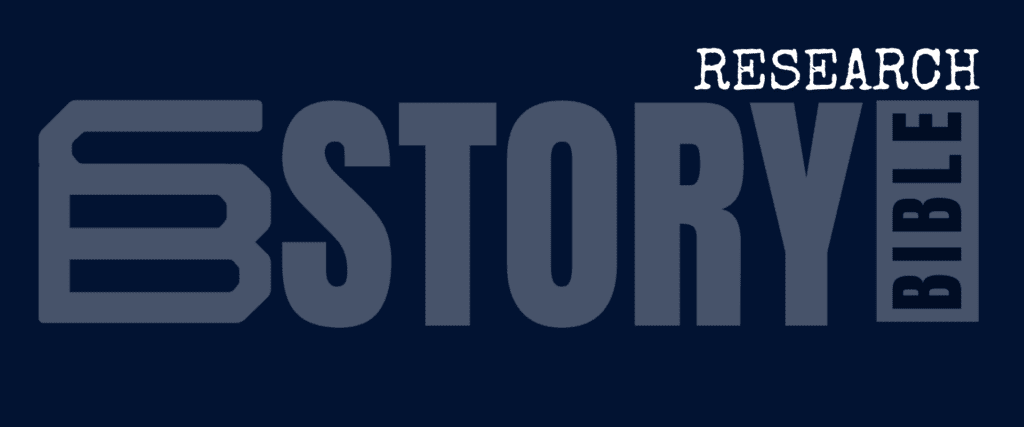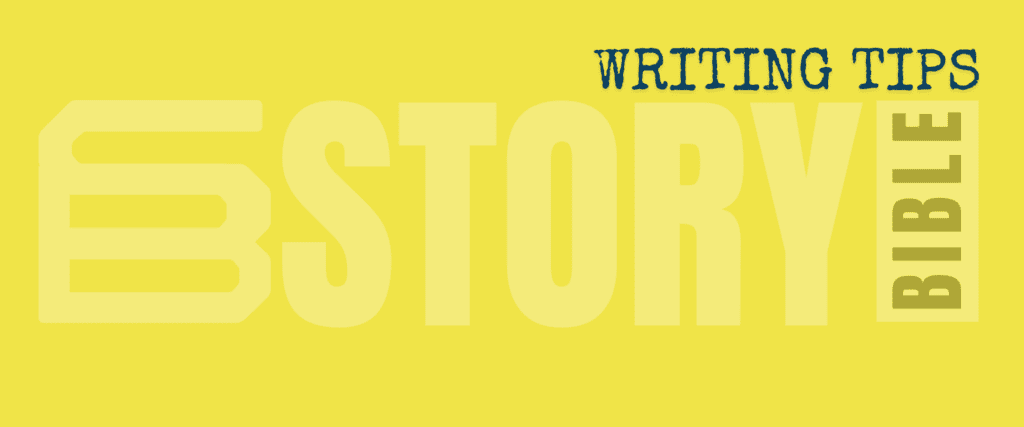How to overcome the dreaded writer's block.
Writer's block is a well-documented phenomenon that affects writers across various disciplines and has been observed throughout history. It is characterized by a temporary inability to produce new written work or a period of creative stagnation. This condition can stem from multiple sources, including psychological factors such as anxiety, self-doubt, and perfectionism, as well as external pressures like deadlines and high expectations.
The experience of writer's block can be significantly distressing for those affected, often leading to feelings of inadequacy and discouragement. Writers may find themselves unable to translate their thoughts into coherent written form, despite having ideas in mind. This disconnect between mental conception and written execution can create a self-reinforcing cycle, where increased difficulty in writing leads to heightened anxiety about the task.
Writer's block is not always a short-term issue; it can develop into a prolonged challenge that impacts a writer's self-confidence and overall productivity. The fear of producing subpar work or failing to meet expectations can be particularly debilitating. This fear is often compounded by self-critical thoughts that question one's abilities and the value of their ideas.
Understanding the complex nature of writer's block is essential for developing effective coping strategies. Recognizing that it is a common experience among writers can help individuals contextualize their struggles. By acknowledging both the emotional and cognitive aspects of this condition, writers can begin to formulate approaches to overcome periods of creative impasse and resume productive writing.
Key Takeaways
- Writer's block is a common challenge that writers face, characterized by a lack of inspiration and motivation to write.
- Techniques to overcome writer's block include setting a writing schedule, taking breaks, and practicing mindfulness and relaxation techniques.
- Finding inspiration in everyday life involves paying attention to the world around you, engaging in new experiences, and seeking out diverse perspectives.
- Creating a supportive writing environment includes finding a quiet and comfortable space, surrounding yourself with supportive people, and minimizing distractions.
- Embracing imperfection and fear means accepting that not every piece of writing will be perfect and being open to taking risks and trying new things.
Techniques to Overcome Writer's Block
To combat writer's block effectively, writers can employ a variety of techniques tailored to their individual needs and preferences. One popular method is free writing, which involves setting a timer for a specific duration—often ten to fifteen minutes—and writing continuously without worrying about grammar, punctuation, or coherence. This exercise encourages the flow of ideas and helps to bypass the internal critic that often stifles creativity.
By allowing thoughts to spill onto the page without judgment, writers can uncover hidden gems of inspiration that may have been buried beneath layers of self-doubt. Free writing not only serves as a warm-up exercise but also fosters a sense of freedom and spontaneity that can reignite the creative spark. Another effective technique is to change one's writing environment.
A shift in scenery can provide fresh perspectives and stimulate creativity. Whether it’s relocating to a cozy café, a park bench, or even a different room in one’s home, altering the physical space can help break the monotony that often accompanies writer's block. Additionally, incorporating sensory elements—such as music, scents, or visual stimuli—can further enhance the writing experience.
For instance, listening to instrumental music or ambient sounds can create an atmosphere conducive to concentration and inspiration. By experimenting with different environments and sensory inputs, writers can discover what works best for them and cultivate a more dynamic writing practice.
Finding Inspiration in Everyday Life

Inspiration often lurks in the most mundane corners of everyday life, waiting to be discovered by those willing to observe closely. Writers can cultivate a habit of mindfulness, paying attention to their surroundings and the myriad details that make up their daily experiences. This practice involves not just seeing but truly observing—taking note of colors, sounds, textures, and emotions that arise throughout the day.
A simple walk through a neighborhood can yield a wealth of ideas: the laughter of children playing in a park, the scent of freshly baked bread wafting from a nearby bakery, or the sight of an elderly couple holding hands can all serve as powerful catalysts for storytelling. By honing their observational skills, writers can transform ordinary moments into extraordinary narratives. Moreover, engaging with diverse forms of art and culture can also serve as a wellspring of inspiration.
Visiting galleries, attending theater performances, or immersing oneself in literature from various genres can spark new ideas and perspectives. Each artistic encounter offers a unique lens through which to view the world, encouraging writers to explore themes and concepts they may not have considered before. Additionally, conversations with friends or strangers can lead to unexpected insights; sharing stories and experiences often reveals common threads that resonate on a deeper level.
By actively seeking inspiration in both the familiar and the unfamiliar, writers can enrich their creative reservoir and find new avenues for expression.
Creating a Supportive Writing Environment
| Metrics | Results |
|---|---|
| Number of writing workshops conducted | 15 |
| Percentage of participants reporting increased motivation | 80% |
| Number of writing resources provided | 50 |
| Percentage of participants reporting improved writing skills | 75% |
A supportive writing environment is essential for fostering creativity and productivity. This space should be tailored to the individual writer's preferences and needs, providing both comfort and inspiration. For some, this may mean creating a dedicated writing nook filled with personal mementos, books, and art that evoke positive emotions.
For others, it might involve decluttering their workspace to minimize distractions and promote focus. The key is to design an environment that feels inviting and conducive to creativity—a sanctuary where ideas can flourish without interruption. Incorporating elements such as natural light, plants, or calming colors can enhance the ambiance and make the writing process more enjoyable.
In addition to physical space, emotional support plays a crucial role in cultivating a productive writing environment. Writers benefit from surrounding themselves with encouraging individuals who understand the challenges of the creative process. This could involve joining writing groups or workshops where peers share feedback and celebrate each other's successes.
Engaging with fellow writers fosters a sense of community and accountability, reminding individuals that they are not alone in their struggles. Furthermore, establishing routines or rituals around writing—such as setting specific times for writing sessions or incorporating breaks for self-care—can help create a structured yet flexible environment that nurtures creativity while respecting personal boundaries.
Embracing Imperfection and Fear
One of the most significant barriers to creativity is the fear of imperfection—a paralyzing belief that one must produce flawless work from the outset. Embracing imperfection is essential for overcoming this fear; it allows writers to approach their craft with curiosity rather than judgment. Accepting that first drafts are inherently messy and unrefined liberates writers from the pressure to achieve perfection on their initial attempt.
This mindset shift encourages experimentation and exploration, enabling writers to take risks with their ideas without the weight of self-criticism holding them back. By viewing imperfections as opportunities for growth rather than failures, writers can cultivate resilience and adaptability in their creative endeavors. Moreover, confronting fear head-on is crucial for breaking through creative barriers.
Many writers grapple with anxiety about how their work will be received by others or whether they are worthy of being heard. Acknowledging these fears is the first step toward dismantling them; by recognizing that vulnerability is an integral part of the creative process, writers can learn to embrace their unique voices without fear of judgment. Engaging in practices such as mindfulness or journaling can help writers process their emotions and gain clarity about their motivations.
Ultimately, embracing imperfection and fear transforms writing from a daunting task into an empowering journey of self-discovery and expression.
Exploring Different Writing Prompts and Exercises

Writing prompts and exercises serve as valuable tools for sparking creativity and breaking through writer's block. These prompts can range from simple phrases or questions to more elaborate scenarios designed to challenge a writer's imagination. For instance, prompts like "Describe a day in the life of an inanimate object" or "Write about a secret your character has kept for years" encourage writers to think outside the box and explore new narrative possibilities.
By engaging with prompts regularly, writers can develop their skills while also discovering fresh angles on familiar themes. This practice not only enhances creativity but also builds confidence as writers learn to trust their instincts. In addition to traditional prompts, experimenting with different genres or styles can further invigorate a writer's practice.
For example, if someone primarily writes fiction, trying their hand at poetry or non-fiction essays can open up new avenues for expression. Engaging in collaborative writing exercises with peers—such as round-robin storytelling or group brainstorming sessions—can also provide fresh perspectives and ideas that might not have emerged in solitary writing sessions. By diversifying their writing experiences through prompts and exercises, writers can cultivate a more dynamic creative process that keeps them engaged and motivated.
Seeking Professional Help and Support
When writer's block becomes overwhelming or persistent, seeking professional help may be necessary for regaining momentum in one's writing journey. Therapists or counselors specializing in creative blocks can provide valuable insights into the underlying emotional or psychological factors contributing to this struggle. Through techniques such as cognitive-behavioral therapy (CBT), individuals can learn to reframe negative thought patterns that hinder creativity while developing coping strategies tailored to their unique challenges.
Professional support offers a safe space for exploration and healing, allowing writers to address deeper issues that may be affecting their ability to create. Additionally, engaging with writing coaches or mentors can provide practical guidance and accountability for those looking to overcome writer's block. These professionals offer personalized feedback on writing projects while helping individuals set achievable goals and develop effective writing habits.
Joining workshops led by experienced instructors can also foster community support while providing structured opportunities for growth. Ultimately, seeking professional help is not a sign of weakness but rather an empowering step toward reclaiming one's creative voice and navigating the complexities of the writing process with renewed confidence and clarity.
If you're struggling with writer's block and looking for additional resources to enhance your writing process, consider exploring the concept of a story bible. A story bible can be a powerful tool in organizing your thoughts and building your narrative. Check out this related article on how a story bible can revolutionize your writing process. It provides insightful tips on how maintaining a detailed story bible can help you keep track of complex details and potentially overcome the dreaded writer's block by keeping your narrative elements structured and accessible.
If you want to read other posts on literature and the likes, check out our other blog, Enda Storrie.
FAQs
What is writer's block?
Writer's block is a condition where a writer is unable to produce new work or experiences a creative slowdown. It can be caused by various factors such as stress, perfectionism, lack of inspiration, or fear of failure.
What are some common symptoms of writer's block?
Common symptoms of writer's block include difficulty starting or finishing a piece of writing, feeling uninspired or unmotivated, experiencing self-doubt or anxiety about one's writing abilities, and procrastinating on writing tasks.
What are some proven techniques for overcoming writer's block?
Proven techniques for overcoming writer's block include setting realistic writing goals, establishing a routine, taking breaks, seeking inspiration from other sources, practicing freewriting, and seeking support from other writers or professionals.
How can setting realistic writing goals help overcome writer's block?
Setting realistic writing goals can help overcome writer's block by breaking down the writing process into manageable tasks, reducing feelings of overwhelm, and providing a sense of accomplishment as each goal is achieved.
How can seeking inspiration from other sources help overcome writer's block?
Seeking inspiration from other sources such as books, art, nature, or personal experiences can help overcome writer's block by sparking creativity, providing new perspectives, and generating fresh ideas for writing.
How can seeking support from other writers or professionals help overcome writer's block?
Seeking support from other writers or professionals can help overcome writer's block by providing encouragement, feedback, and constructive criticism, as well as creating a sense of community and accountability in the writing process.


